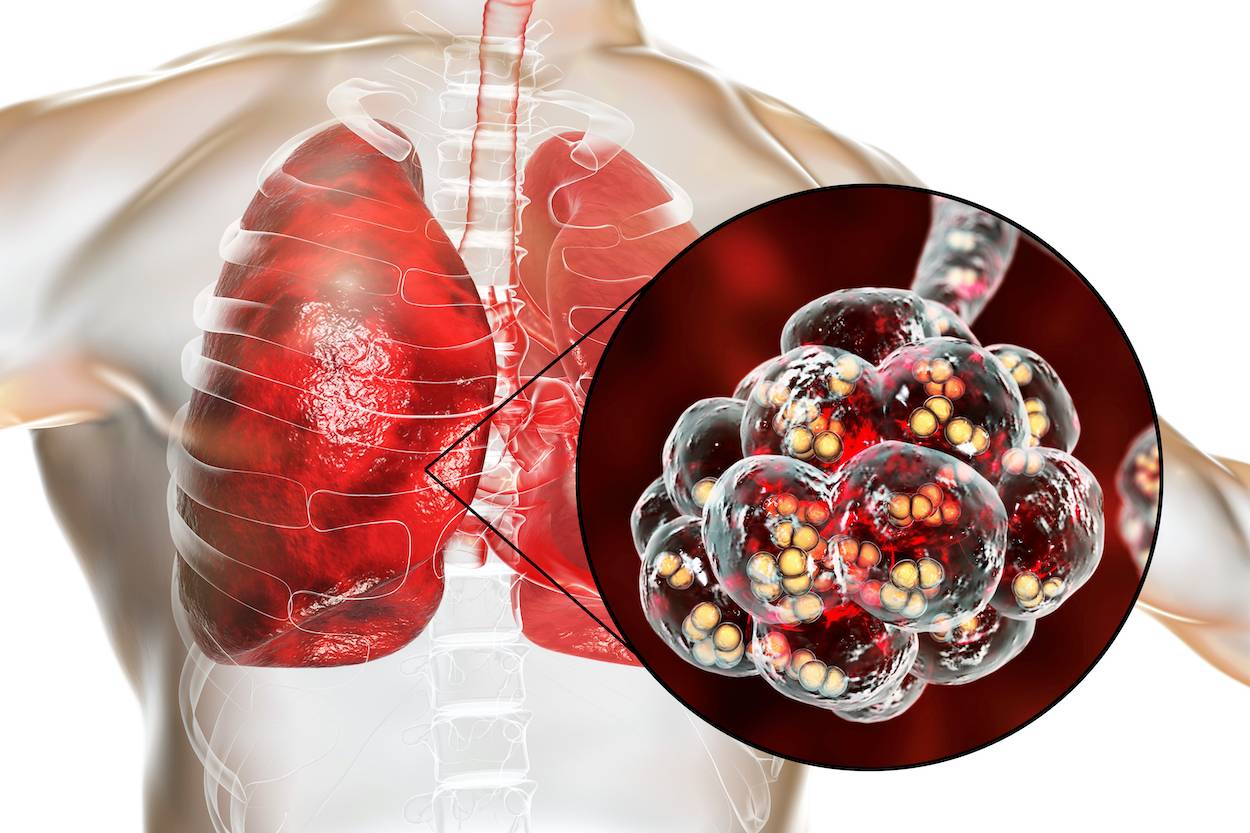What is pneumococcal infection?
Pneumococcal infection is caused by the bacteria Streptococcus pneumoniae (pneumococcus). While pneumococcus is a common cause of mild illnesses such as sinus or middle ear infections, it may also cause severe or even life-threatening invasive pneumococcal diseases (IPD) such as bacteremic pneumonia, sepsis, and meningitis. The outcomes for IPD are usually more severe among young children and elderly persons.
One of the best things you could do to protect and improve your health is to stay informed. Marina Medical provides regular e-newsletter on health information, healthy living tip etc. Click the below button to subscribe to our newsletter.
Get In Touch
For any enquiry, please call +852 3420 6622, Whatsapp +852 5228 0810, or info@marinamedical.hk







